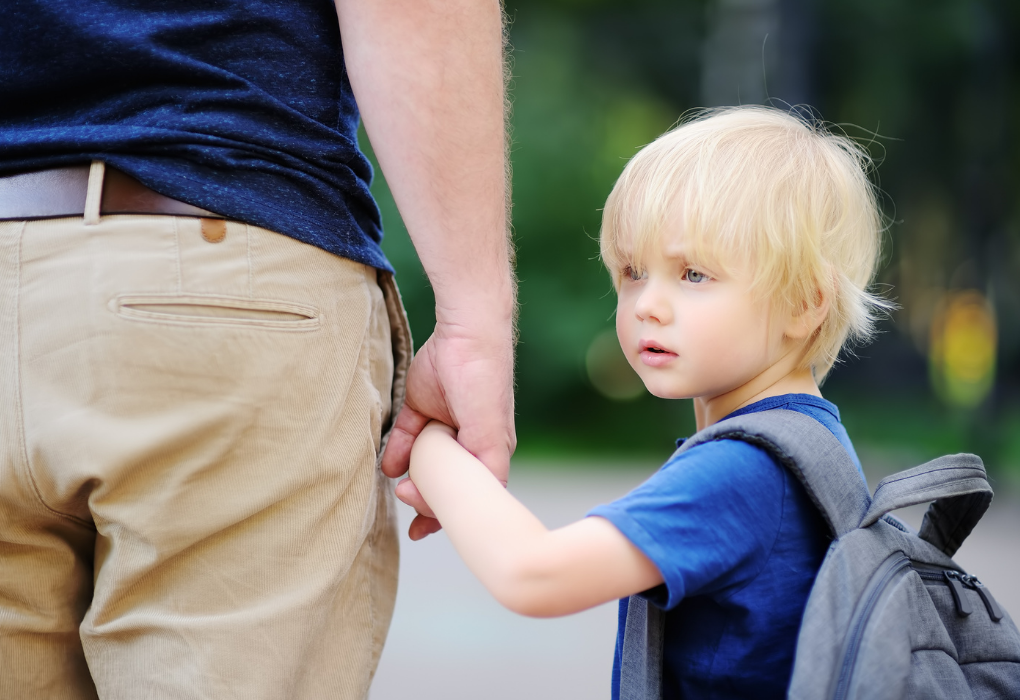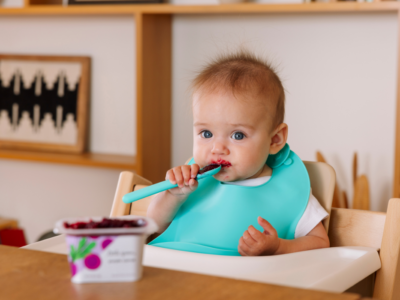Like everything else for the last year and a half, the back-to-school season upon us looks different than those of the past. With a myriad of unknowns, many kids are experiencing some stress and anxiety about heading back to school. It’s important to remember that this is many children’s third school year that has been affected by the pandemic. And for many young children, it makes up the majority of their school experience. My incoming third graders, for example, have known upheaval and change since their first grade year when schools initially shut down in March of 2020.
If your little one is experiencing back-to-school jitters, these steps can help them reduce any anxiety they may be experiencing before the start of a new school year:
Be Available and Observant
During the first few days or weeks of school, your child may need to discuss anything that could be worrying them, but might not know how or whether to bring it up with you. Keep an eye out for uncharacteristic changes in your child’s behavior, like temper tantrums or complaints of stomach aches and make sure to communicate with your child’s teacher, school counselor and pediatrician. While these behaviors could taper off or even pass, it’s best to get ahead of anything significant.
Remind your child that you are there to help them through this new time. You’ll want to stay positive, but remember to validate your child’s feelings. Ask them what they’re most excited about in going back to school, as well as whether there’s something that’s worrying them.
If your child’s school allows parents and students to visit before school opens to see their new classroom and meet their teacher for the first time, be sure to take advantage. Young children are concrete thinkers and being able to visualize their new learning space will be very beneficial.
Establish Routines
Summer is a time to relax and that can also mean relaxed sleep and nutrition patterns. Before school starts, begin to work in healthy habits such as returning to a consistent bedtime and healthy eating.
There are several things you can do to help your child establish routines. Each evening, guide your child in getting their things ready ahead of time, such as clothes, lunch, and backpack. Give your child reasonable choices so they feel autonomous in the process. For instance, let them decide between two outfits that you set out or whether they want a sandwich or pasta for lunch.
Mornings will be much smoother if minor decisions are made already, but it’s easy to forget important things in the rush of getting ready. Provide your child with a simple checklist that can include a getting-ready routine such as brushing teeth and getting dressed, as well as a walking-out-the-door checklist for things they don’t want to forget, like their lunchbox and sneakers for gym class.
If possible, ask your child’s teacher about their daily class schedule so that you can provide a visual schedule to keep at home. This could also help lead your questions about how their day went. “What experiment did you do in science this morning?” will elicit a better response than “How was your day?”
Read Picture Books Together
I am a firm believer in the value of picture books. I read aloud to my students daily and I understand that some topics are challenging to address without some help. There are several excellent picture books that you can read with your child to help open up a discussion about their feelings. Here are some of my favorites:
The Color Monster: A Story About Emotions
How to Make a Shark Smile: How a Positive Mindset Spreads Happiness
Model Positive Coping Skills
We know our children often mimic our behavior, good or bad! Allow your child to see you deal with difficult situations in healthy ways. For instance, mindful belly breathing can positively impact a stressful time, such as when an appliance breaks or the kids are fighting. Young children see and hear more than we realize, and demonstrating rather than lecturing can have more of an influence on them in the long run. Plus, belly breathing is good for everyone!
When in doubt, listen
The picture book The Rabbit Listened shows how sometimes when we’re feeling anxious, we just need someone we trust to listen to our fears. We may not always know the perfectly right thing to say, but thankfully our children don’t need us to be perfect. They need to know we care.



